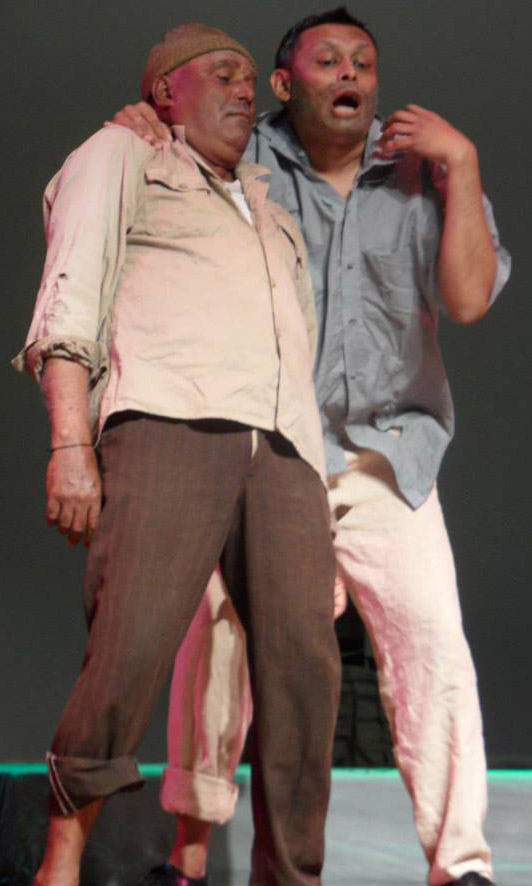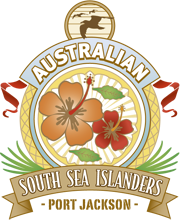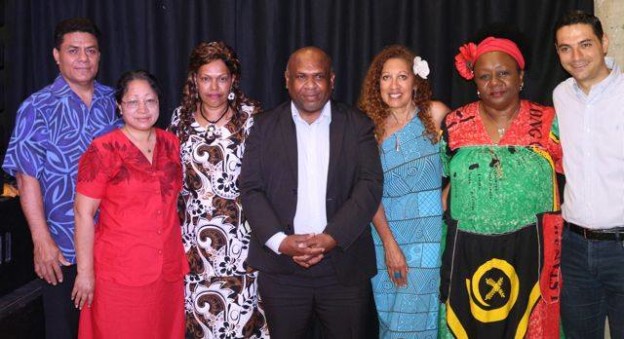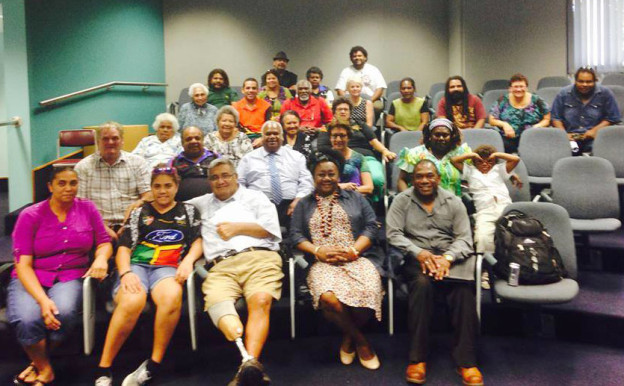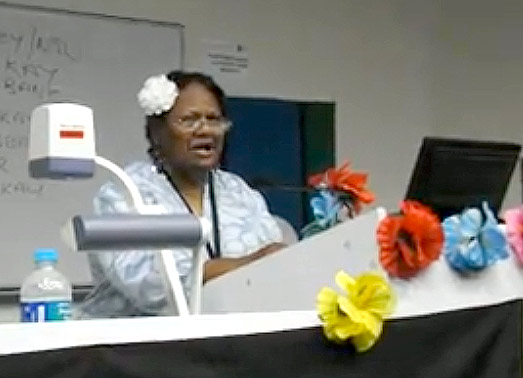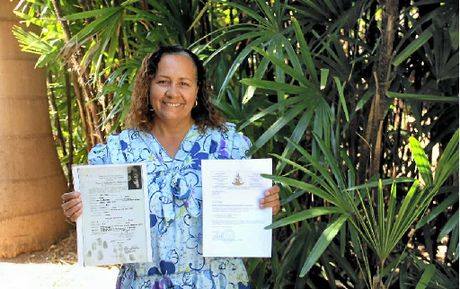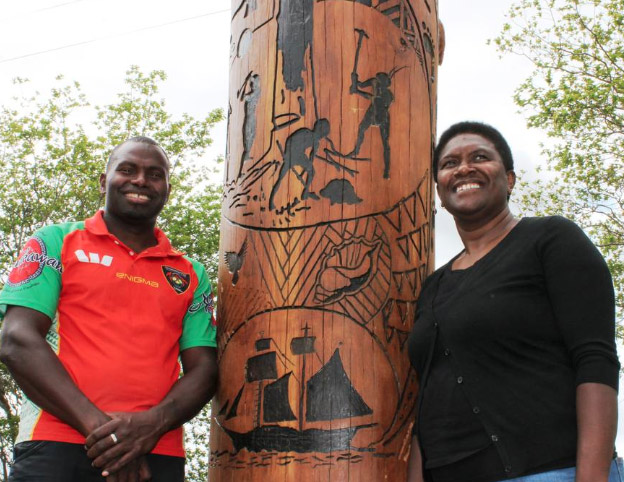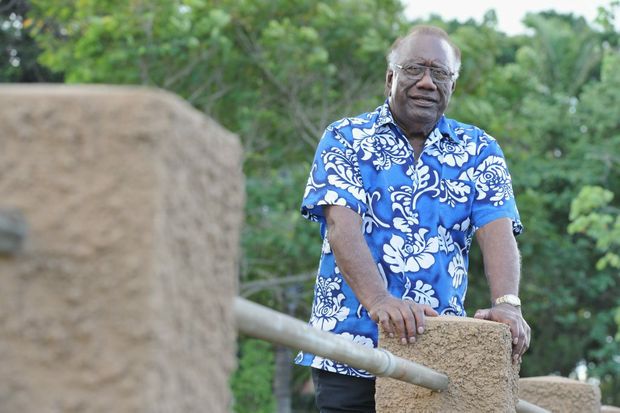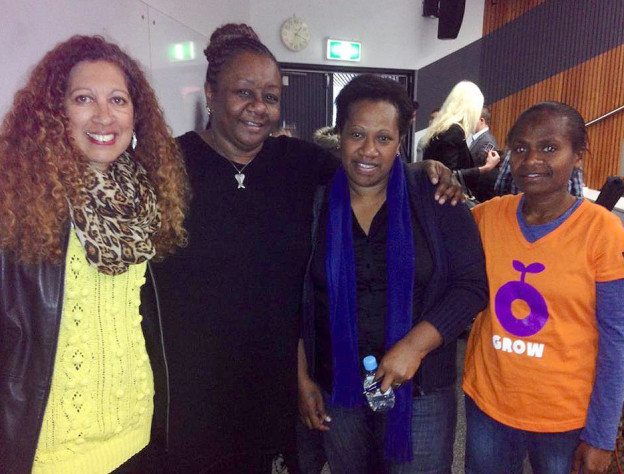
(left) Lola Forester,Emelda Davis,Shirley Tokon (program manager Climate Change Adaption), Mala Silas (Adaption Officer) – University of Sydney presentation
Climate change is the single biggest threat in the global fight against hunger, and our neighbours in the Pacific are particularly vulnerable. Meet Shirley and Mala, two amazing women from Vanuatu who are working hard to build the resilience of vulnerable communities to climate change. They’re coming to Sydney soon, and we’d like to invite you to meet them at a very special event.
This seminar will provide a first-hand opportunity to hear from two people at the frontline of food security and climate change in the Pacific. Mala Silas is 23 years old and is currently employed as the climate change officer with CARE on Fortuna Island in Vanuatu. The CARE programs she is involved focus on food and agriculture including community gardens and nutrition.
Shirley Laban is currently working on Oxfam’s climate change program in Port Vila, has represented Oxfam at the UNFCCC and is a member of CAN Pacific. She also spent three months in Australia last year on a Prime Minister’s Scholarship. Both Mala and Shirley are working on a DFAT-funded Climate Change Community Based Adaptation program.
This seminar is being held in conjunction with Oxfam International’s Food and Climate Justice (FCJ) strategy and its GROW campaign. Oxfam International has been a global leader in campaigning for governments to respond to the inter-related problems of climate change and food security.
Oxfam argues that wild weather and unpredictable seasons are changing what farmers can grow and is making people hungry. Food prices are going up. Food quality is going down. Soon, climate change will affect what all of us can eat.
Australia’s neighbours in the South Pacific are at high risk from these developments. In this seminar, our two women speakers will tell of the impacts that climate change is having on the communities in Vanuatu and the ways in which people are working to adapt to these changes.
Show your support for climate action and RSVP to this free event now. Together, we can stop climate change making people hungry.
For more information, visit www.oxfam.org.au/grow or contact Debbie Hunt at debbieh@oxfam.org.au
